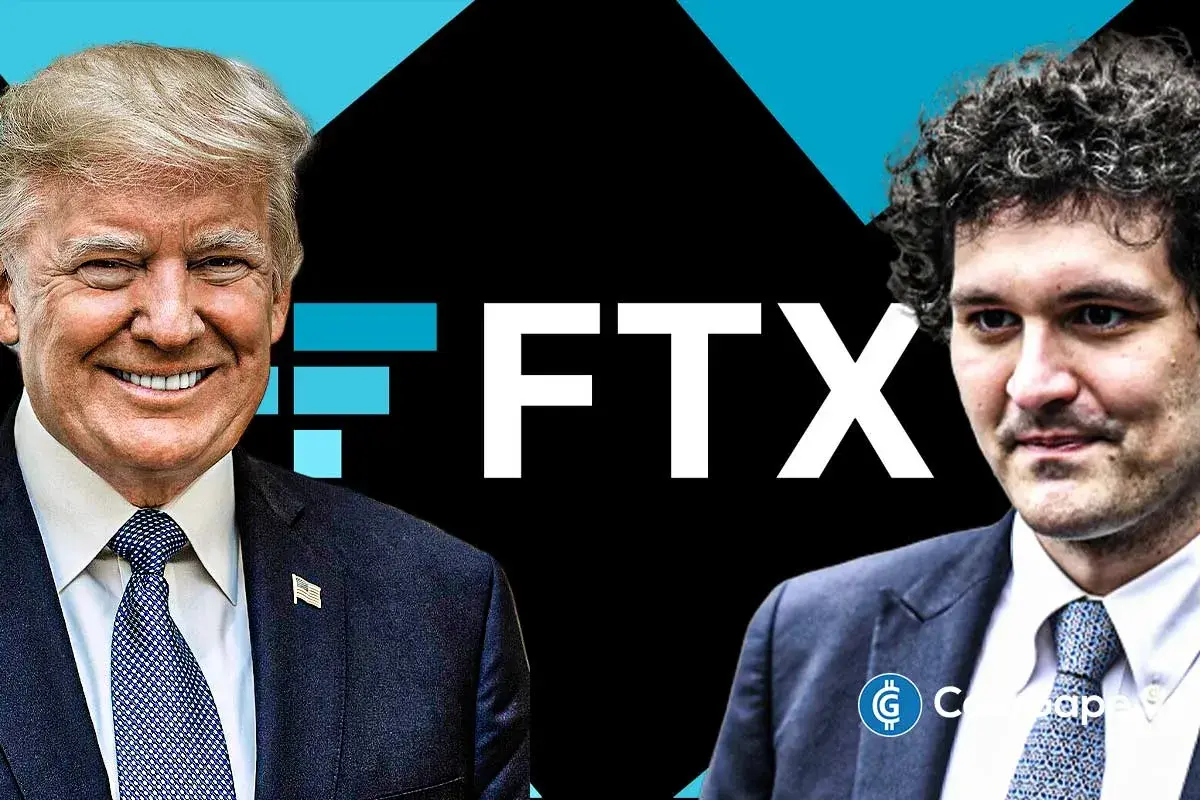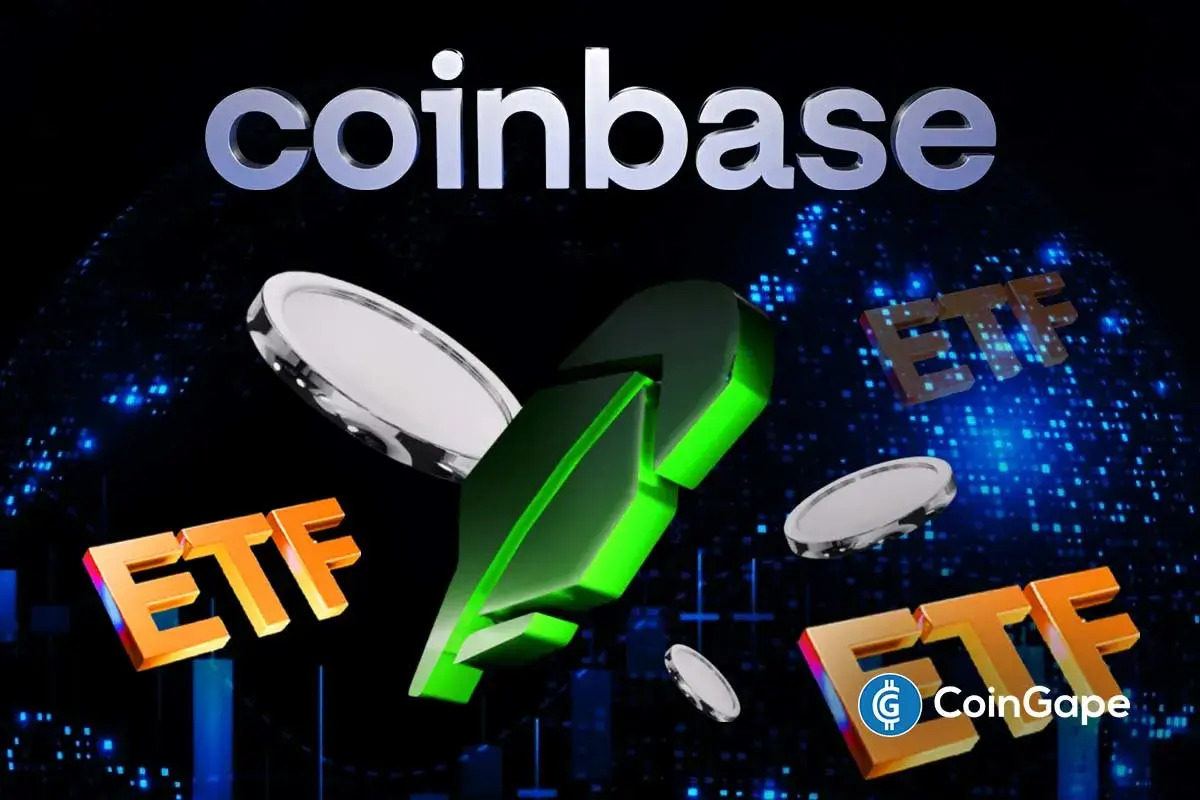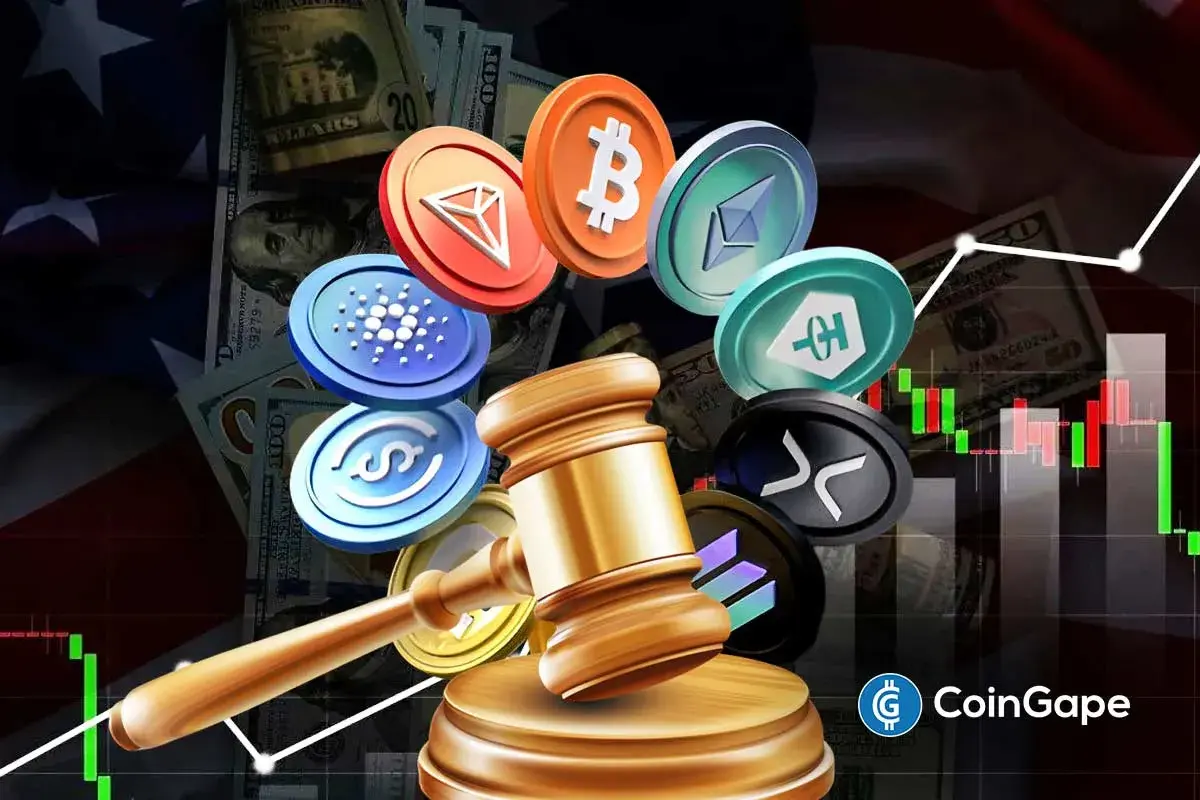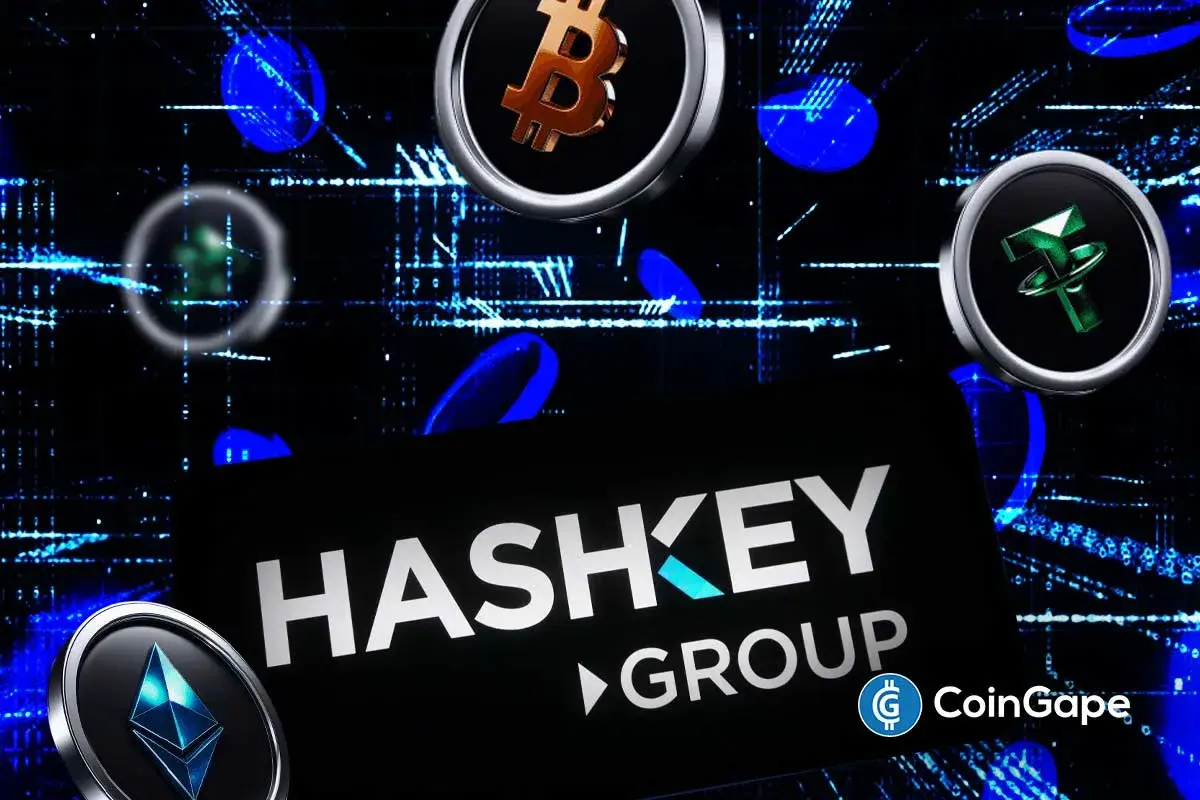South Korea Ends 2018 Ban on VC Investments in Crypto Firms

Highlights
- South Korea has lifted its 2018 ban on VC investments in crypto firms, effective September 16.
- The revised decree removes digital asset trading and brokerage from the list of restricted industries
- Crypto startups can now apply for venture certification, gaining access to government-backed financing, incentives, and accelerators.
South Korea has lifted its 2018 ban that barred crypto-related companies from receiving venture capital investments. This is a major decision that could position the nation as a leader in blockchain investment across Asia.
South Korea Lifts Crypto VC Investment Ban After 7 Years
Seoul Economic Daily reported that South Korea’s Ministry of SMEs and Startups (MSS) confirmed Cabinet approval of a revised enforcement decree that removes digital asset trading and brokerage from its list of restricted industries. Effective September 16, crypto startups can now apply for venture certification under the same rules as other high-growth firms.
The ban was previously imposed in October 2018. This came at a time of speculative excess and widespread public concern. Regulators lumped crypto ventures alongside gambling and nightlife businesses.
Industry leaders criticized the policy as out of step with international markets. They also claimed it damaged the country’s competitiveness in fintech and blockchain.
In the years since, there has been a change in the global crypto ecosystem. For example, the U.S. created new rules for stablecoins and allowed big cryptocurrency companies to go public.
Meanwhile, South Korea also introduced a stablecoin bill. This initiative aims to clarify stablecoins and establish rules for them in the country.
Furthermore, in 2021, the country started a licensing system for virtual asset service providers. In July 2025, they also enacted the Virtual Asset User Protection Act. These actions established rules to protect deposits and closely monitor unfair trading practices.
Korea’s New Push for Venture Capital in Digital Assets
The decision to open venture certification to crypto businesses shows that the country places digital assets in high regard. By doing this, South Korea is providing access to government-backed incentives, financing programs, and risk capital.
Minister Han Seong-sook emphasized that the reform was designed to align Korea with global digital asset trends.
“This regulatory reform is designed to align Korea with global trends in digital assets and to secure future growth engines. We will concentrate policy efforts on fostering a transparent and responsible ecosystem that allows venture capital to flow smoothly and supports the growth of new industries,” he shared.
The shift comes at a time of accelerating crypto adoption in Asia. Recently, Sora Ventures launched a crypto venture capital fund. The fund is targeting $1 billion in BTC accumulation with $200 million already committed by partners.
Domestically, Korean firm Bitplanet revealed plans to create the country’s first institutional-grade Bitcoin treasury. The company already raised $40 million in initial capital. This signals growing confidence in digital assets as part of corporate balance sheets.
By lifting the ban on cryptocurrency ventures, South Korea has initiated a shift in the crypto industry. For founders, the new policy provides access to venture certification, government support programs, and state-backed accelerators. This includes TIPS and the K-Startup Grand Challenge.
- Trump Won’t Pardon FTX’s Sam Bankman-Fried (SBF), White House Says
- Third Spot SUI ETF Goes Live as 21Shares Fund Launches on Nasdaq
- Mark Zuckerberg’s Meta Reportedly Eyes Stablecoin Integration This Year Amid Regulatory Clarity
- Coinbase Rivals Robinhood As It Rolls Out Stocks, ETFs Trading In ‘Everything Exchange’ Push
- UAE’s Second Largest Bank Eyes Bitcoin Allocation, Backs Tokenization
- Pi Network Price Eyes a 30% Jump as Migrations Jumps to 16M
- Will Ethereum Price Dip to $1,500 as Vitalik Buterin Continues Selling ETH?
- XRP Price Outlook as Clarity Act Passage Odds Plunge to 53%
- COIN Stock Risks Crashing to $100 as Odds of US Striking Iran Jump
- MSTR Stock Price Predictions As Michael Saylor’s Strategy Makes 100th BTC Purchase
- Top 3 Meme Coins Price Prediction As BTC Crashes Below $67k

 Claim Card
Claim Card
















